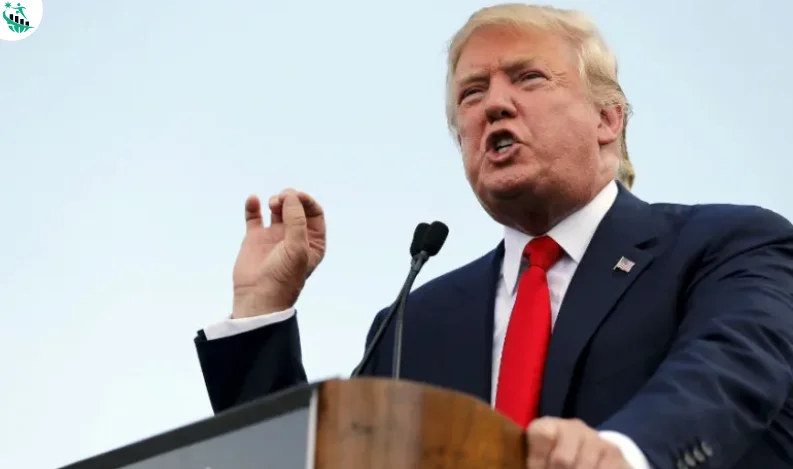
Europe and Iran in Urgent Geneva Talks as Trump Sets Two-Week Deadline on U.S. Military Decision
Geneva – As tensions between Iran and Israel escalate into their second week of military exchanges, European and Iranian diplomats are meeting in Geneva for high-stakes discussions aimed at halting further escalation. Meanwhile, U.S. President Donald Trump has set a two-week deadline to determine whether the United States will formally enter the conflict militarily.
The diplomatic mission is led by senior foreign ministers from the United Kingdom, France, and Germany, who are urgently seeking to prevent the crisis from spiraling out of control. They are joined by Iran’s Foreign Minister Abbas Araghchi, who reiterated on Iranian state TV that “there is no room for negotiations with the U.S. until Israeli aggression stops.”
Trump Signals U.S. May Strike in Two Weeks
At a Thursday briefing, White House spokesperson Karoline Leavitt relayed President Trump’s statement:
“Based on the fact that there’s a substantial chance of negotiations that may or may not take place with Iran in the future, I will make my decision whether or not to go within the next two weeks.”
Trump’s comments follow meetings with Secretary of State Marco Rubio and Middle East envoy Steve Witkoff. British Foreign Secretary David Lammy, also present at the talks, stated:
“A window now exists within the next two weeks to achieve a diplomatic solution.”
Ongoing Israel-Iran Escalation
The conflict was triggered by Tehran-backed Hamas’ October 2023 attack on Israel, leading to prolonged hostilities across multiple fronts, including with Hezbollah and Houthi rebels. Israel has consistently accused Iran of fueling these attacks, though Tehran claims its allied groups act independently.
“We will not stop until Iran’s nuclear threat is dismantled,” said Danny Danon, Israel’s ambassador to the UN, via Reuters.
While Israel intensifies its offensive, the risk of a direct confrontation between Iran and the United States looms, especially given the region’s volatile dynamics.
Europe’s Push for Diplomacy
France, the U.K., and Germany – all signatories to the original 2015 Iran nuclear deal (JCPOA) – are advocating strongly for diplomatic avenues.
“We do not want to see the errors of the past repeated,” said Jean-Noël Barrot, French Minister for Europe and Foreign Affairs, referencing military interventions in Iraq, Afghanistan, and Libya.
Friday’s Geneva talks also include EU foreign affairs chief Kaja Kallas and Germany’s Johann Wadephul. The joint effort aims to revive peace prospects and avoid a broader regional war, especially amid U.S. and Israeli calls to dismantle Iran’s nuclear infrastructure.
Market and Geopolitical Fallout
The potential for a broader Middle East conflict, especially with possible U.S. involvement, has rattled global energy markets. Fears of oil supply disruptions have sent investors toward safe-haven assets and defense stocks, highlighting the economic risks tied to geopolitical volatility.
Putin: World Facing Heightened Conflict Risk
In a separate but related development, Russian President Vladimir Putin issued a warning from St. Petersburg regarding the global escalation of conflict.
“There is a lot of conflict potential, and it is growing. It is right under our noses, and it affects us directly,” he said during an economic forum, adding that the current situation raises valid fears of a World War III scenario.
The simultaneous tensions in Eastern Europe and the Middle East mark one of the most dangerous moments in recent global geopolitics, with the next two weeks likely to be pivotal for international diplomacy and peacekeeping.



Recent Comments:
No comments yet.